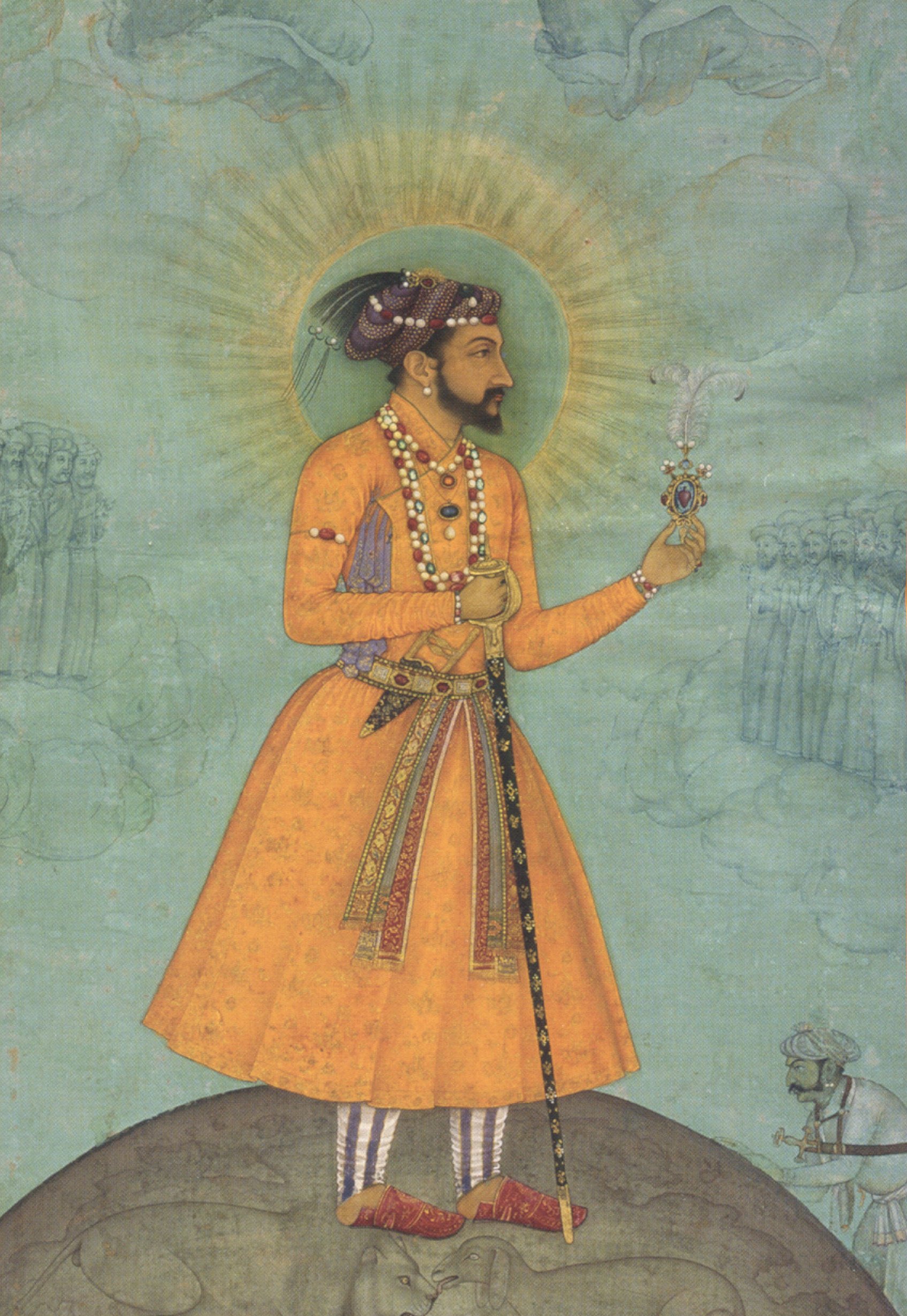Origine: Citato in Luisa Mozzati, Islam, Gruppo Editoriale L'Espresso, [Pubblicato su licenza Electa, Milano], Roma, 2008, p. 368.
Shah Jahan Frasi e Citazioni
Shah Jahan: Frasi in inglese
Lal, K. S. (1990). Indian muslims: Who are they, citing Sharma, Sri Ram, The Religious Policy of the Mughal Emperors, Asia Publishing House (Bombay, 1962).
Orchha (Madhya Pradesh) , Badshah-Nama, by Abdul Hamid Lahori, quoted in Jadunath Sarkar, History of Aurangzeb, Vol. I, p. 15.
Muntikhabu’l-Lubab by Khafi Khan, cited in Sharma, Sri Ram, Religious Policy of the Mughal Emperors, Bombay, 1962. quoted from S.R. Goel, Hindu Temples What Happened to them
Lal, K. S. (1999). Theory and practice of Muslim state in India. New Delhi: Aditya Prakashan. Chapter 2
Badshah-Nama, by Abdul Hamid Lahori, quoted in Sri Ram Sharma, Sharma, Sri Ram, Religious Policy of the Mughal Emperors, Bombay, 1962. p. 86.
Manucci, II, p. 451.,Manrique II, p. 272., Bernier, p.205., quoted from Lal, K. S. (1992). The legacy of Muslim rule in India. New Delhi: Aditya Prakashan. Chapter 7
Badshah-Nama, by Abdul Hamid Lahori, in Elliot and Dowson, History of India as told by its own Historians, Vol. VII, p. 36. Also quoted in B.R. Ambedkar, Pakistan or The Partition of India (1946) https://archive.org/stream/cu31924073036778#page/n47/mode/2up
Orchha (Madhya Pradesh) Shahjahan-Nama The Shahjahan Nama of ‘Inayat Khan, translated by A.R. Fuller and edited and compiled by W.E. Beyley and Z.A. Desai, OUP, Delhi, 1090, p. 161.
Jadunath Sarkar; Badshahnama https://archive.org/stream/cu31924073036778#page/n63/mode/2up, quoted in Goel, Sita Ram (2001). The story of Islamic imperialism in India. Chapter 7 ISBN 9788185990231
Hargaon (Uttar Pradesh) Muntikhabu’l-Lubab by Khafi Khan, cited in Sharma, Sri Ram, Religious Policy of the Mughal Emperors, Bombay, 1962. quoted from S.R. Goel, Hindu Temples What Happened to them
Lal, K. S. (1990). Indian muslims: Who are they., citing Lahori (Abdul Hamid Lahori, Badshahnamah, Bib. Ind., 2 vols. (Calcutta, 1898).) Khafi Khan (Khafi Khan, Muhammad Hashim, Muntakhab-ul-Lubab, ed. Kabiruddin Ahmad, Bib. Ind. (Calcutta 1869,1925). )
Amin Qazvini, Badshah Nama, Ms. Raza Library, Rampur. p.405. cited by Lal, K. S. (1990). Indian muslims: Who are they.
Manucci, Storia do Mogor, I
François Bernier, Travels in the Mogul Empire (1656-1668)
